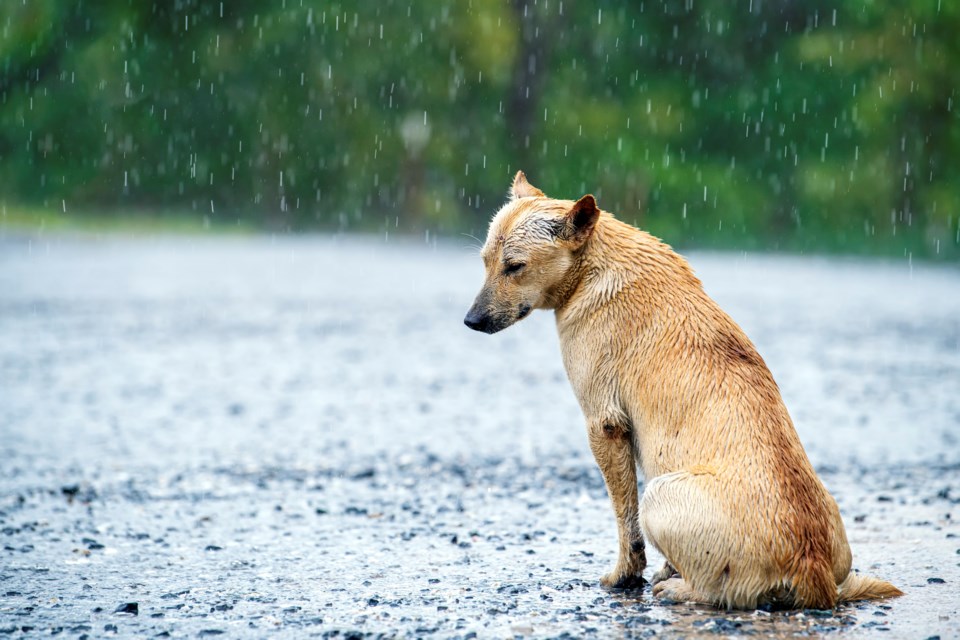B.C. judges will soon become the first in Canada to consider custody of that much-loved dog, cat or hamster during divorce and separation proceedings, the B.C. government announced Monday.
“Family law has not always kept pace with changes in people’s lives” and “we need to look at every member of the family as individuals,” said B.C. Premier David Eby in announcing the incoming legal reforms, which will precede public consultation on other family law reforms.
Prior to the new laws, pets would be considered personal property and typically a judge would grant possession to the person who bought the animal. Now, a judge will consider various factors to appoint custody to one party or another.
"These changes include putting the health, safety and well-being of kids at the centre of every decision and using the actual experiences of families in the system to improve it,” said Eby.
Among the factors a judge may consider should two parties be incapable of coming to an agreement are: a person’s willingness to care for the animal; the relationship a child has with the pet; and any risks of family violence that could threaten the pet’s safety.
Notably, should the dispute get to provincial court of B.C. Supreme Court, a judge will only choose one side or the other and not split custody of the pet.
Spouses are “encouraged” to make their own agreements about pets, with options to jointly own, share possession or give one spouse exclusive ownership or possession of the pet, the government stated.
Victoria Shroff, KC, adjunct professor of animal law at UBC's Peter A. Allard School of Law, assisted the government in drafting the laws and said pets can often be used as “pawns” in child custody battles and it’s often the animal purchaser who wins possession, not unlike whoever bought the toaster oven, for example.
“It’s about seeing the animal as more than a piece of breathing property,” said Shroff.
The laws, starting Jan. 15, will be the first such test for judges in Canada, she said.
“B.C. has taken the lead in Canada when it comes to deciding 'who gets the pet' when a couple splits up. This first-of-its-kind legislation considers the interests of the whole family, including relational aspects of the bond between companion animals and their family," added Shroff.
Meanwhile, “additional updates to the Family Law Act are being explored to reflect changes in society and developments in case law,” stated the government.
Government is seeking input from the public on several topics, such as: family violence and protection orders; parenting assessments and views of the child reports; and time with and care of children.
"We are committed to making family law work better for families," said Attorney General Niki Sharma.
Online public input and engagement will be open until March 31, 2024.




